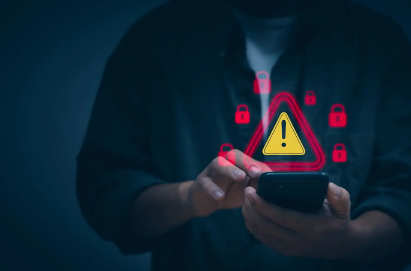The Dark Side of Social Media Technology

Social media technology has revolutionized communication but harbors significant drawbacks. The rapid spread of misinformation complicates public discourse. Cyberbullying and online harassment create toxic environments, impacting mental health. Furthermore, the erosion of privacy raises ethical questions about consent and data use. These factors intertwine, suggesting a deeper societal issue. What underlying mechanisms drive these phenomena, and how can awareness lead to meaningful change?
The Spread of Misinformation
Although social media platforms have revolutionized communication, they also facilitate the rapid spread of misinformation, raising significant concerns about their societal impact.
The prevalence of fake news undermines informed decision-making, as users often encounter unverified claims.
Effective fact checking becomes crucial in this landscape, yet the challenge remains in distinguishing reliable sources from the noise, compelling society to grapple with the implications of this digital age.
Cyberbullying and Online Harassment
The unchecked spread of misinformation on social media platforms not only distorts public perception but also creates an environment ripe for cyberbullying and online harassment.
Victims often face psychological trauma, with inadequate support systems in place. This raises questions about accountability, as perpetrators may evade legal consequences.
Effective victim support mechanisms and stringent legal frameworks are essential to combat this pervasive issue and foster safer online interactions.
Read also: How to Improve My Gaming Lcftechmods: Improving Your Gaming Performance With Lcftechmods
Erosion of Privacy
How has the rise of social media contributed to the erosion of privacy?
The pervasive data collection practices utilized by these platforms often occur without explicit user consent. Individuals unwittingly trade personal information for connectivity, leading to a gradual normalization of surveillance.
This trend raises critical questions about autonomy, as the boundaries between personal space and public exposure blur, undermining the very essence of privacy.
Mental Health Implications
As social media platforms have proliferated, concerns regarding their impact on mental health have intensified, prompting an examination of the relationship between online engagement and psychological well-being.
The phenomena of social comparison often leads users to unfavorable self-assessments, fostering anxiety and depression.
Additionally, addiction effects stemming from excessive usage can exacerbate feelings of isolation, ultimately jeopardizing emotional stability and overall mental health.
Conclusion
In conclusion, the multifaceted dark side of social media technology poses significant challenges to society. With studies indicating that 59% of Americans believe social media sites are filled with misinformation, the pervasive nature of false narratives undermines informed discourse. Furthermore, the alarming rise in cyberbullying incidents—affecting one in three young people—highlights the urgent need for effective intervention strategies. As privacy continues to erode, the mental health implications remain profound, calling for a critical reassessment of digital engagement.




